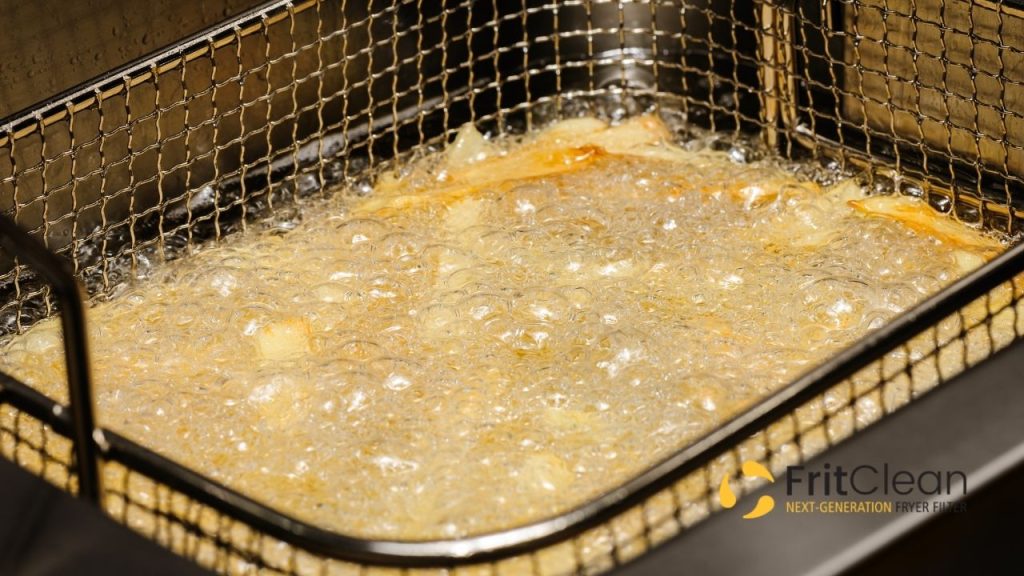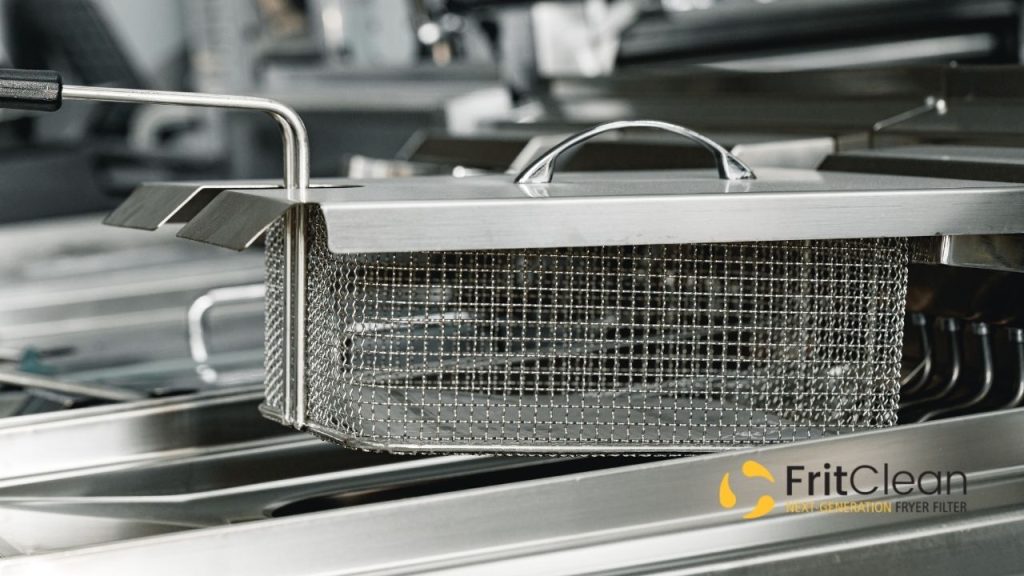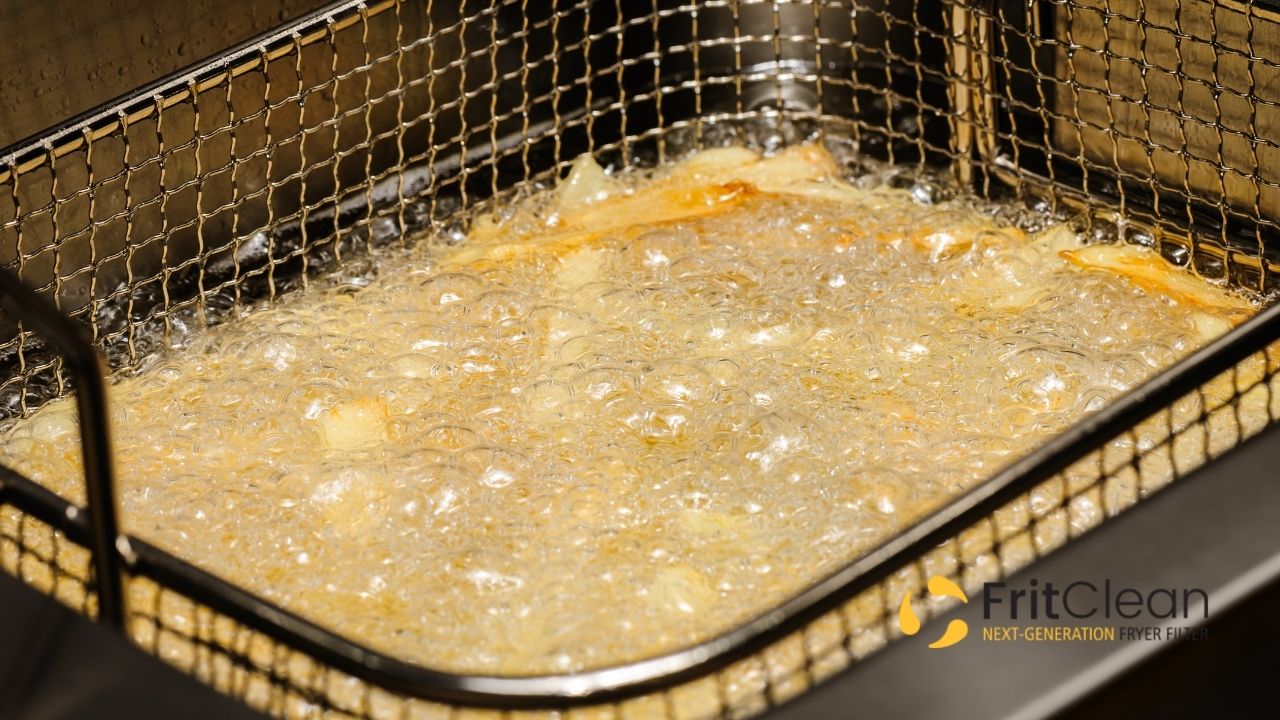The Importance of Oil Filter Systems in Professional Kitchens
An oil filtration system is a critical component in professional kitchens, ensuring that the oils used for frying, grilling, or cooking remain clean and safe for use. In high-volume kitchens where oils are used repeatedly, contaminants such as food particles, carbon, and other impurities can accumulate in the oil, affecting its quality, taste, and safety. A well-maintained oil filter system helps to remove these impurities, extending the life of the oil and improving the overall quality of the food being prepared.
In professional kitchens, oil filtration systems are designed to be efficient and effective. By continuously or periodically filtering the oil, these systems help maintain the oil’s clarity and prevent the buildup of harmful substances. This is particularly important in deep fryers, where oil can degrade quickly due to high temperatures and prolonged exposure to food particles. An oil filtration system ensures that the oil stays cleaner for longer, reducing the frequency of oil changes and ensuring consistent cooking results.

An effective oil filter system has several benefits in a professional kitchen environment. First, it reduces the cost of oil replacement. Oil is an expensive resource in high-volume cooking, and constantly replacing it can add up quickly. By using an oil filtration system, kitchens can extend the life of their cooking oil, thus saving money. The system works by filtering out carbon, food debris, and other impurities that naturally accumulate, preventing the oil from becoming overly saturated and requiring frequent replacements.
Furthermore, an oil filtration system enhances food quality. Clean oil results in better frying, grilling, and cooking, ensuring that the food retains its natural flavor, color, and texture. When oil is contaminated, it can alter the taste and appearance of the food, making it less appealing to customers. A high-quality filtration system helps to maintain the consistency of food preparation, ensuring that every dish meets the kitchen’s standards.
Another crucial advantage of an oil filter system is the safety aspect. Contaminated oil can not only negatively affect food quality but can also pose a health risk. Harmful byproducts of cooking, such as acrylamide, can form when oil degrades, especially at high cooking temperatures. These byproducts are known to be harmful to health, making oil filtration a vital step in ensuring food safety. By keeping the oil clean and free from harmful contaminants, an oil filtration system helps reduce the risk of harmful substances affecting the food and the people who consume it.

Oil filtration systems are also beneficial in maintaining the performance of kitchen equipment. Deep fryers, grills, and other cooking appliances can suffer from the buildup of carbon and food particles in the oil. This can lead to clogged equipment, reduced efficiency, and even costly repairs. An oil filter system helps prevent this by continuously filtering the oil, reducing the strain on the equipment and ensuring it continues to operate efficiently.
The process of using an oil filtration system is simple yet highly effective. In most systems, the oil is pumped through a filtration unit where impurities are trapped by specialized filters. Some systems even allow for automatic filtration, making it easier for kitchen staff to maintain clean oil without the need for constant manual intervention. This ease of use makes oil filtration systems a valuable addition to any high-volume kitchen.
In addition to its economic and safety benefits, an oil filtration system also supports sustainability. In professional kitchens, where oil use is high, reducing waste is an important goal. By filtering and reusing oil, kitchens can significantly reduce their oil consumption, which is both environmentally and economically beneficial. This reduction in oil waste aligns with sustainability practices, helping kitchens to operate in a more environmentally responsible manner.
An oil filter system is an essential tool in any professional kitchen that uses oil for cooking. It improves food quality, reduces costs, enhances safety, and helps to maintain kitchen equipment. By investing in a high-quality oil filtration system, kitchens can ensure that their oil remains clean and safe for use, leading to better cooking results, more efficient operations, and a healthier environment. An oil filter system is not just about prolonging the life of cooking oil; it is about enhancing the overall quality of the food and the kitchen’s operations, making it a worthwhile investment for any serious foodservice operation.
